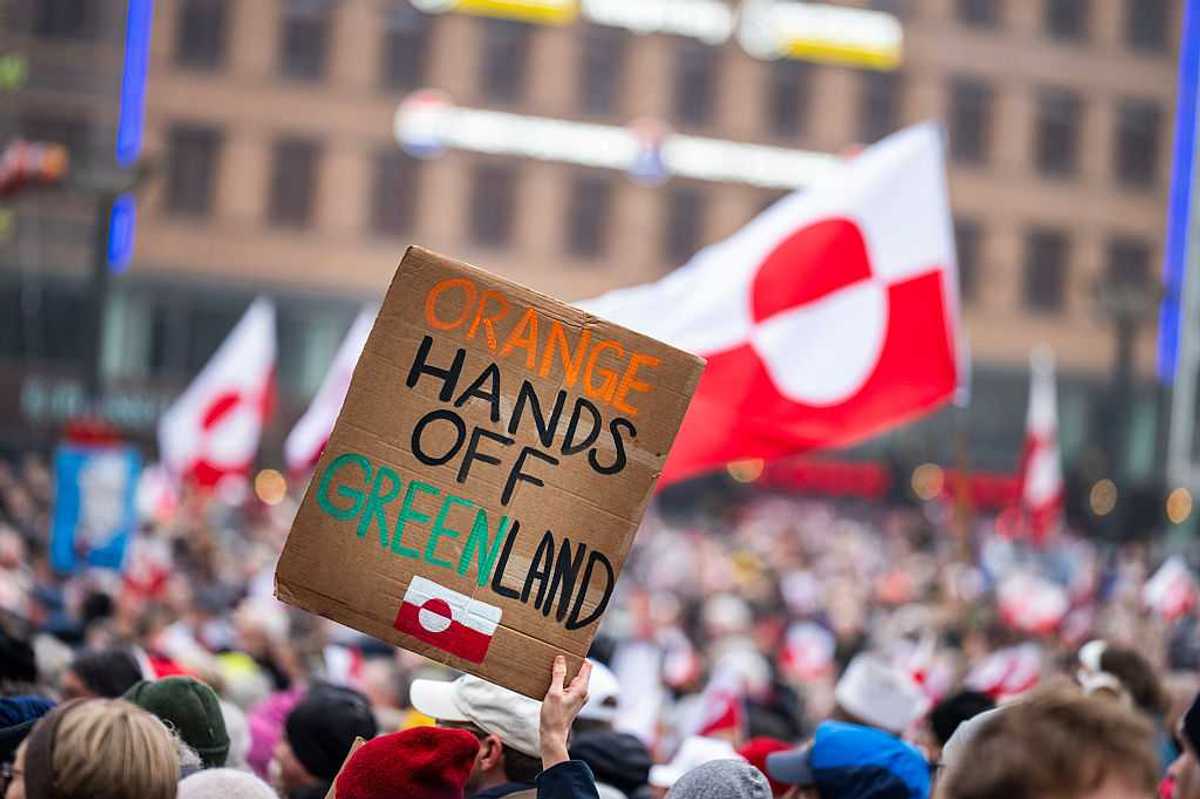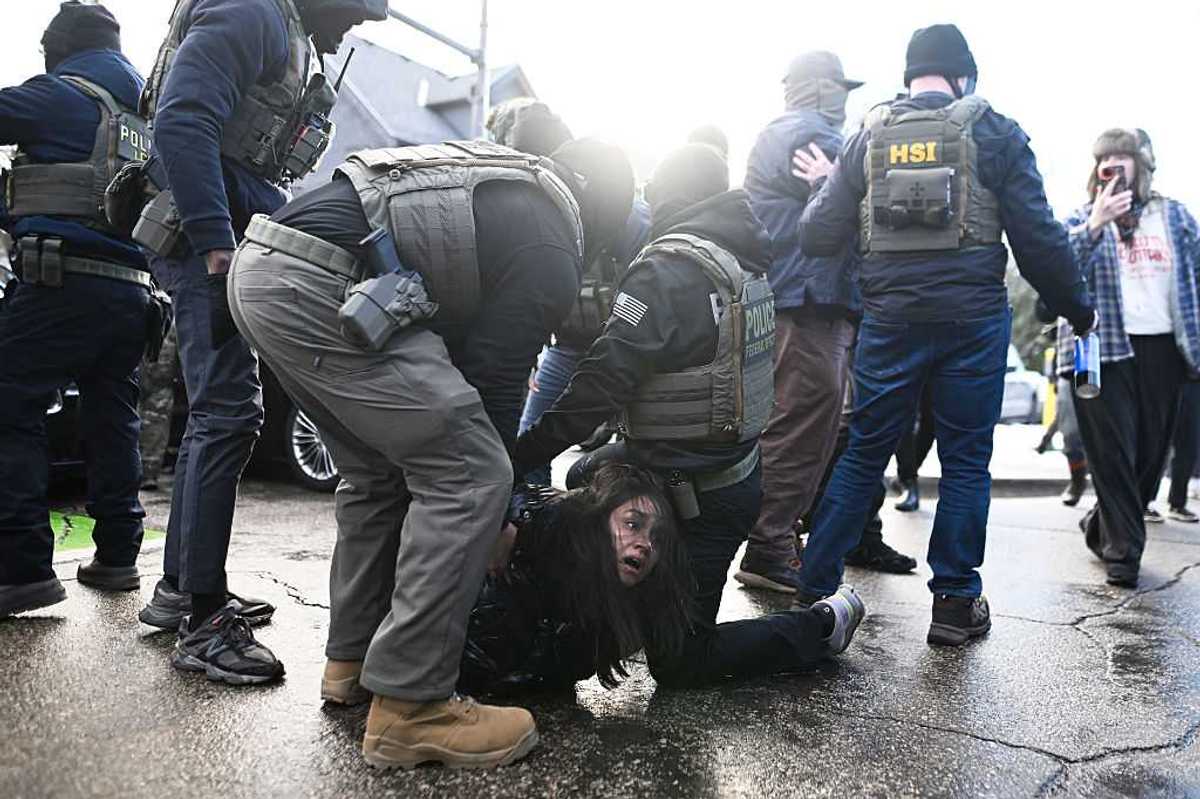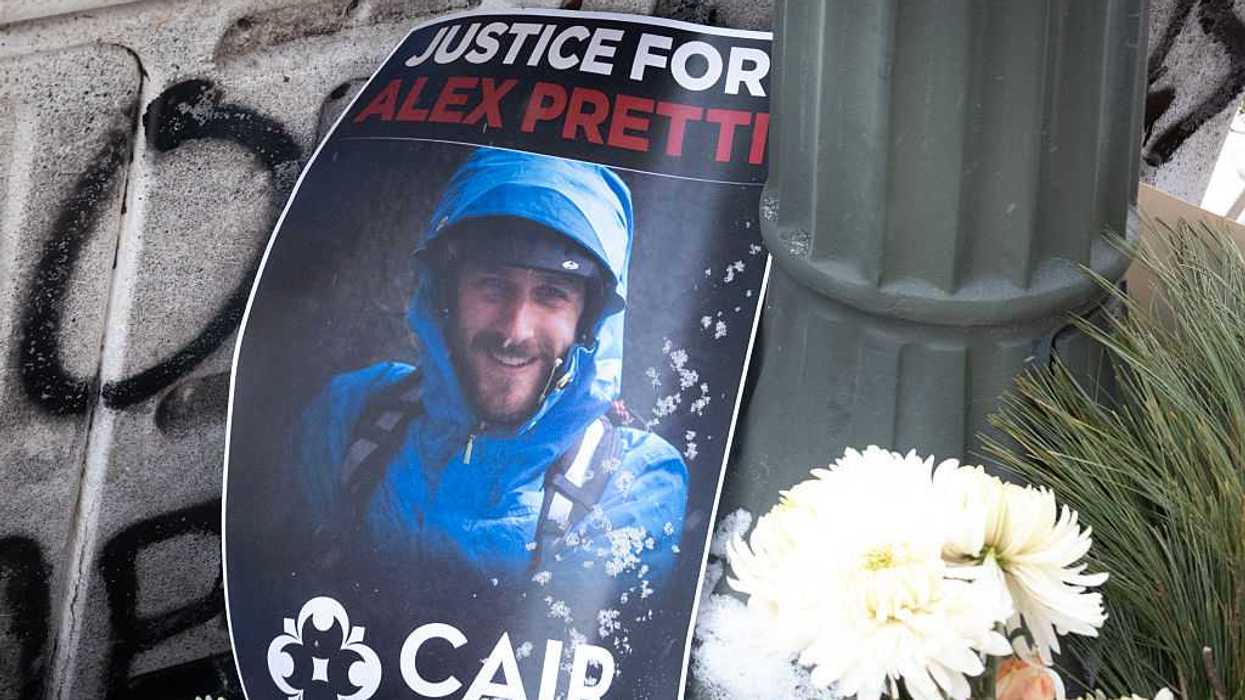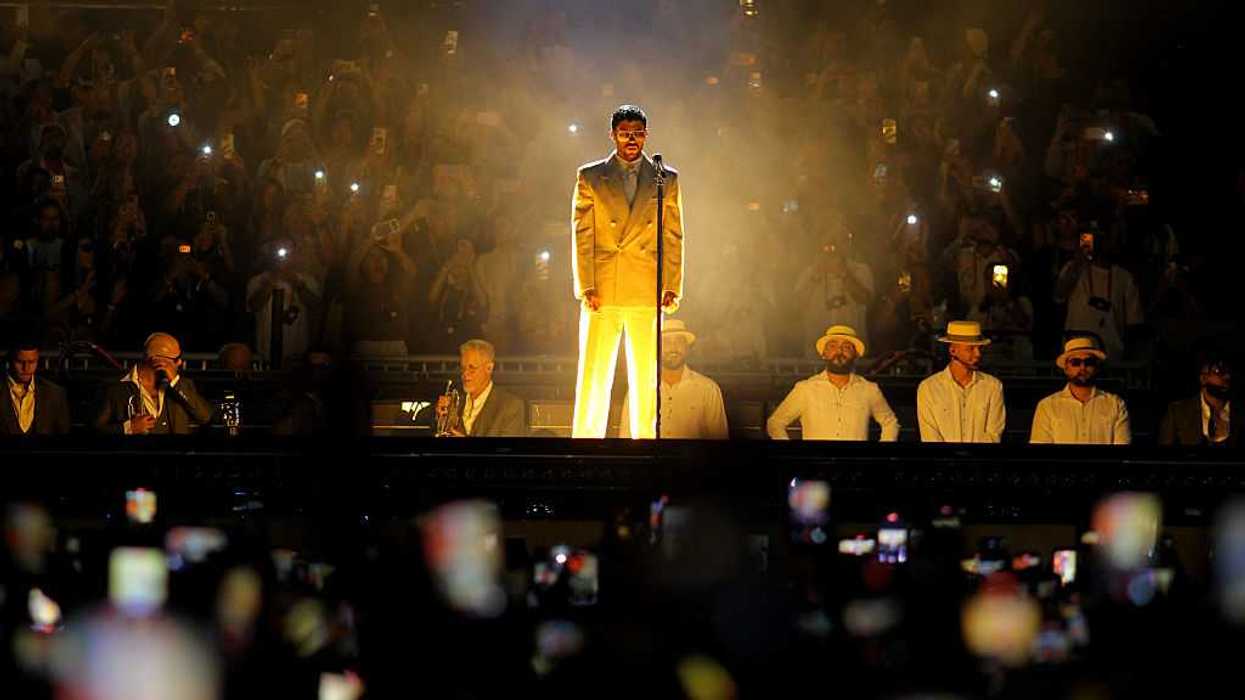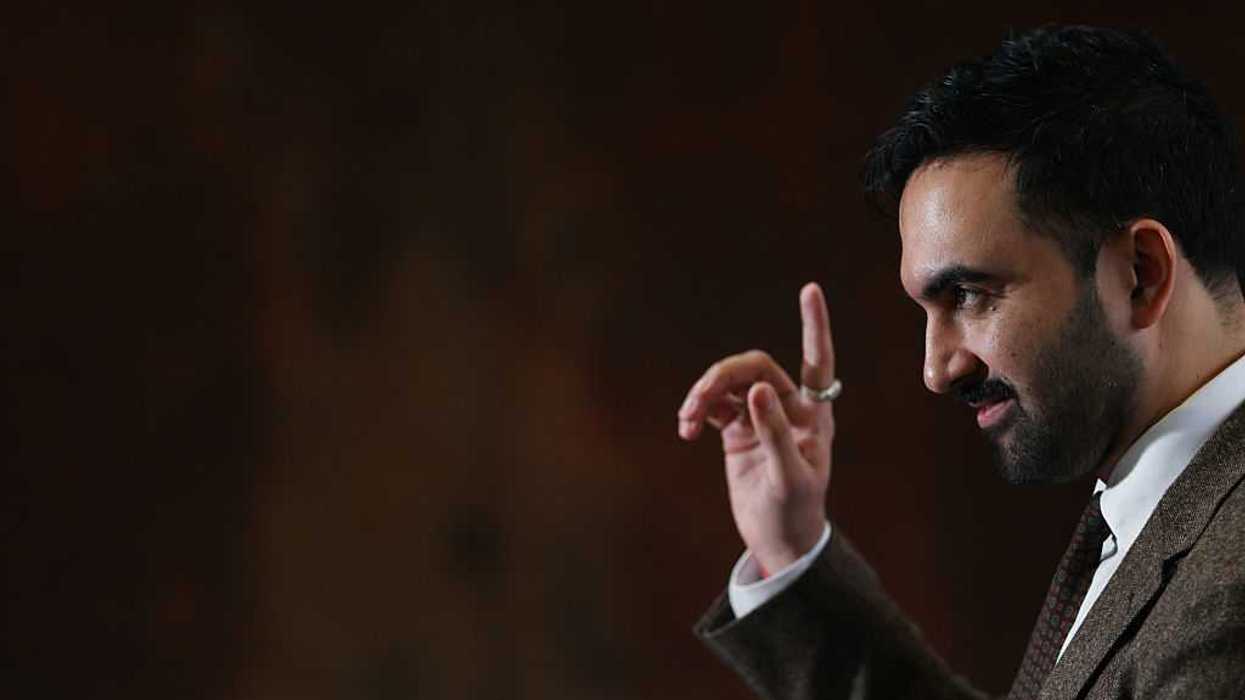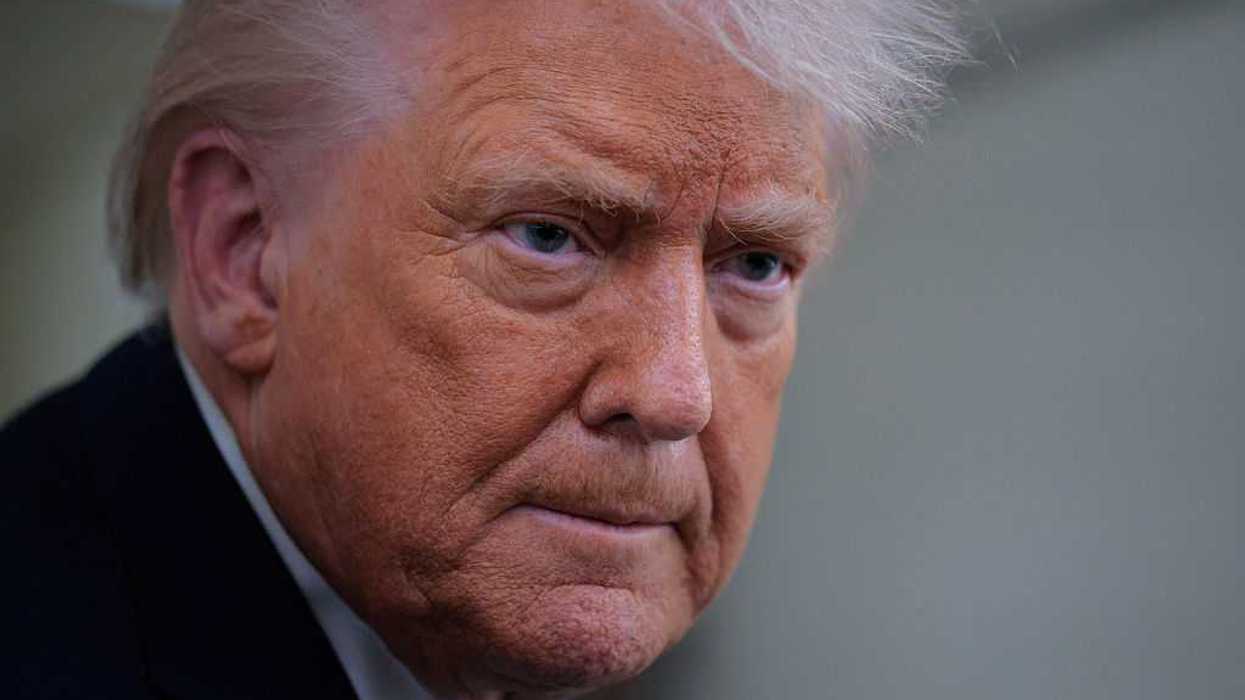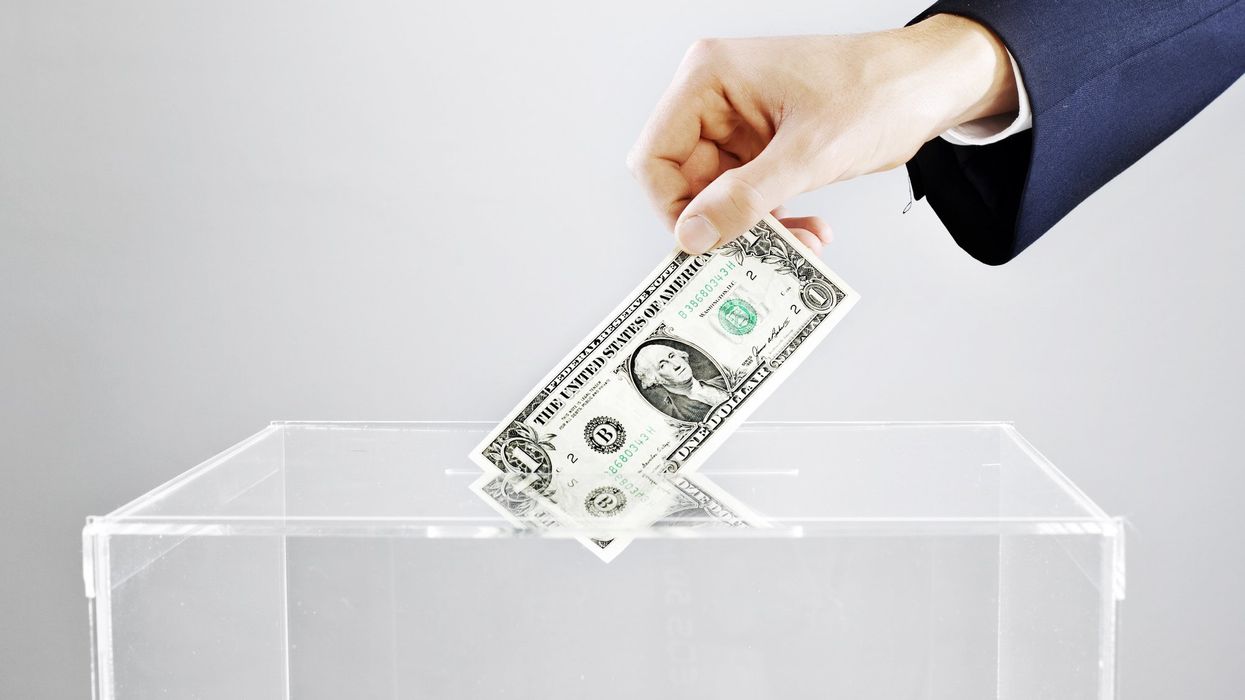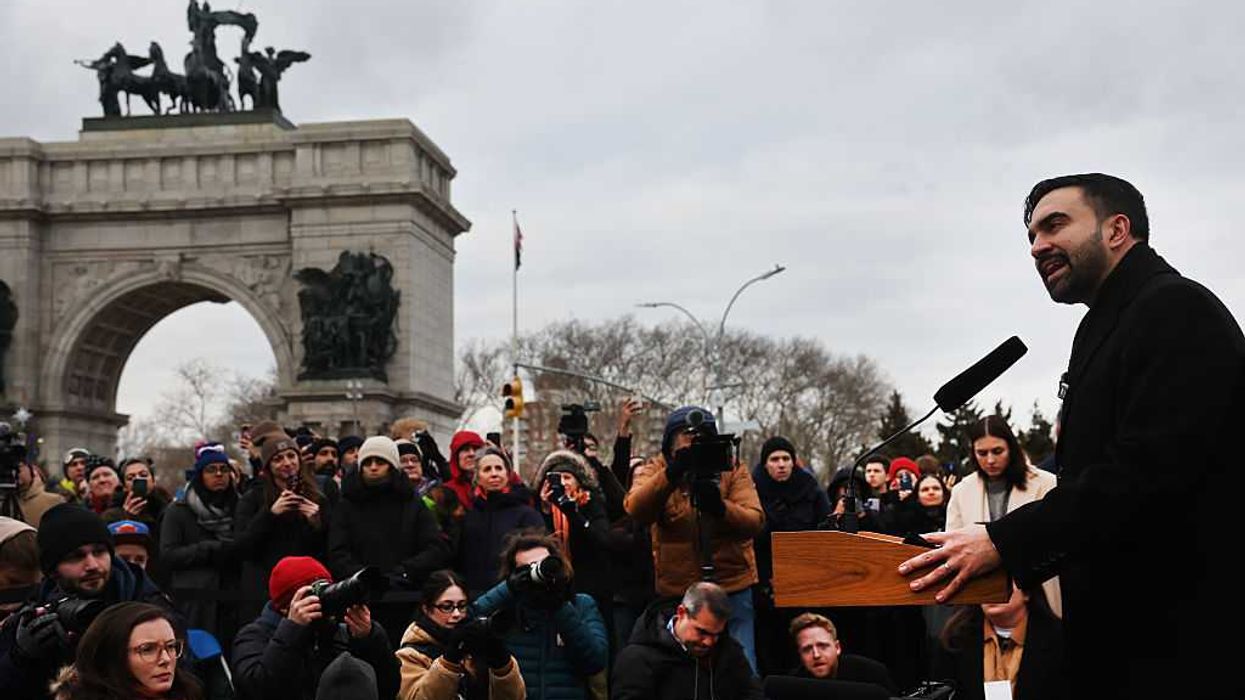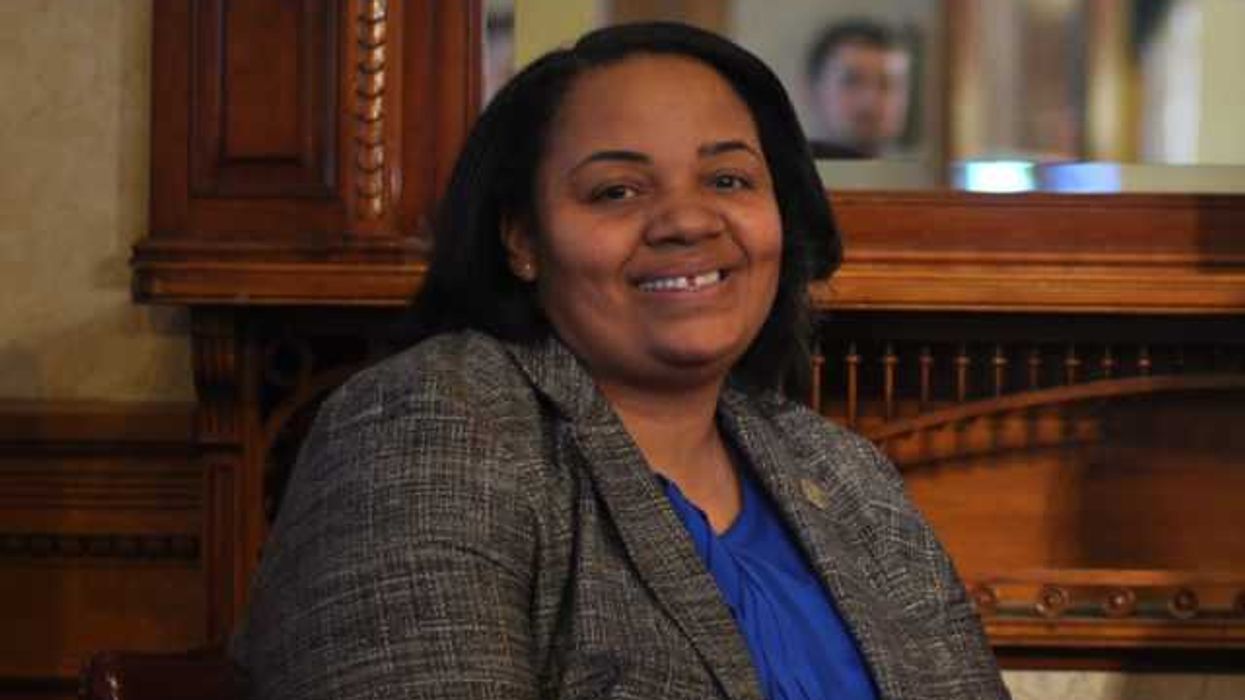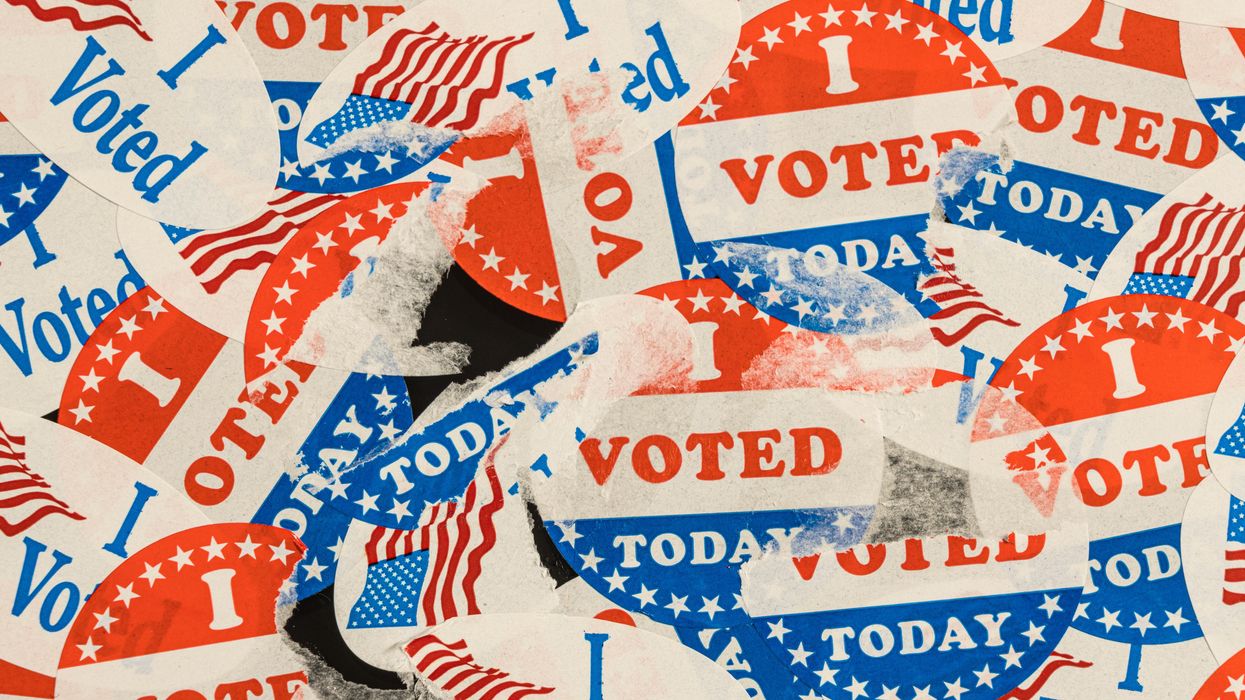“Ask not for whom the bell tolls, the bell tolls for thee.”
The English poet, John Donne, wrote those words in the early 17th century, when it was customary for villagers to announce their fellow inhabitants’ deaths by the tolling of a single church bell.
Death by assassination in American politics, in the politics of any country, is unfortunately, nothing new. It precedes and forecasts many of the major events of history. Julius Caesar’s murder by senators in Rome in 44BC eventually ushered in the Roman Empire. The political assassination of Archduke Franz Ferdinand of Austria-Hungary in 1914 led to World War I.
Four of our presidents have been assassinated while serving in office: Abraham Lincoln (1865), James Garfield (1881), William McKinley (1901), and John F. Kennedy (1963). How different our history might look had Lincoln, the consummate statesman, lived out his term and overseen the reconstruction of the South after the Civil War.
Violence welds history and touches our lives. What has changed lately is its increasing influence through social media and the polarizing effect it has had on our society. Horrific acts become kindling and are perceived as having a much broader context, setting fire to whole sectors of the population.
But assassinations are most often carried out by a single person acting alone. Because such an act was perpetrated does not mean the personal or political background of the person who committed the crime reflects the intended or desired actions of others of the same persuasion. When we do not recognize this, our perceptions only add fuel to the already raging right/left fire.
Did we not as a society decide “gangs” were not a good idea, whether they were the Crips or the Nazis, blindly following leaders? And did we not decide, too, that “groupthink” is a very dangerous way of NOT thinking, more contagious than a plague and possibly more toxic? It is the opposite of the philosophy of some of our greatest thinkers, as well as diametrically opposed to what we embrace as “American individualism.” The hallmark of America is in its determinism and its striving for fairness within a diverse society.
As individuals, we are entitled, even required, to form our own opinions and then to insert empathy into our deliberations. Otherwise, those opinions that are one-sided will wobble and fall.
We, or at least all those old enough to be reading this, have experienced monumental swings in thinking in almost every aspect of our lives, from smoking to sexuality.
But social media can be a cauldron bubbling with a poisonous brew. “Double, double toil and trouble,” chant Shakespeare’s three witches in Macbeth, offering the king a taste of their terrible brew, portending his grim and violent future. Yet we may have concocted something even more caustic, and are all too often willing to drink from that bubbling cauldron.
We modernly profess to have exposed stereotypes for what they are. Stockholders of General Motors would likely defend their blonde CEO, Mary Barra, from the “all blondes are dumb” club. And we can recognize that the phrase “tall boys should play basketball, not violins,” would reap the sad exclusion of the 19th-century virtuoso Niccolò Paganini.
Every sweeping generalization clouds our ability to clearly see others. Although we may concede the fallacy of “the blondes” and “the tall boys,” we have now substituted the “left” and the “right,” as having certain traits and limitations, even dividing the country thus, despite persistent reports that more than a third of our population considers themselves “moderates” (Gallup Poll, 2024).
No one ever deserves to die at the hands of an assassin. But clinging to extreme views is not an appropriate reaction in the face of tragedy. It is our own moral character that we assassinate when we take pleasure or pride in our perceived enemies’ falling.
No matter what our personal feelings, belief systems, values, or politics, a human being has been violently eradicated. To decide that a person is not worthy or to monitor the degree of sympathy we dole out because of his or her politics or beliefs says much more about us than about the victim.
If anything, horrific events should unite us, not further divide us.
Ernest Hemingway used Donne’s words as the title of his 1940 novel, “For Whom the Bell Tolls.” Set during the Spanish Civil War, it is the story of the interconnectedness of all people, soldiers, and civilians from both sides of the conflict, and how they are all linked to each other, even while fighting. So, in a sense, it’s a morality tale.
The bell will toll for each of us. How we choose to act in the meantime defines not only our morality but our humanity.
Amy Lockard is an Iowa resident who regularly contributes to regional newspapers and periodicals. She is working on the second of a four-book fictional series based on Jane Austen’s “Pride and Prejudice."

